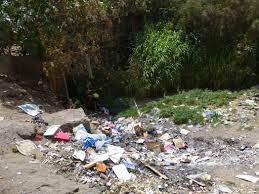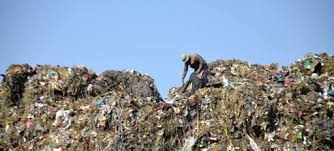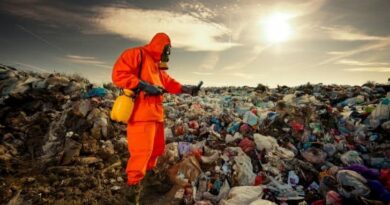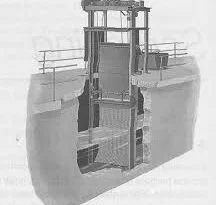Sanitation and Waste Management Guide
Sanitation is the set of actions and activities carried out to improve the quality and reduce nuisance value and potential for disease transmission. Quality of the environment implies removing or reducing nuisance, odour and disease causing agents from human and animal reach.
The common nuisances in the environment include wastes of various types – gaseous, liquid or solid, dirty and defaced premises, stray dogs and other pests.
Others include statutory nuisance insects and lower vertebrates and unwarranted noise from individuals, group of individuals, electronic devices, vehicles, machinery or equipment and weapons of individual squabble, community strife and civil/international wars.
Many of these factors enhance and sustain the transmission of different types of diseases. Environmental health, which has the responsibility to address all the physical, chemical and biological factors external to a person, and all the related factors affecting human behaviour and human must device, means to reduce the contact rate between these agents of nuisance and disease control.
The Basel Convention defined waste as substances or objects, which are disposed of or are intended for disposal or are intended to be disposed of by the provisions of the law.
Waste is therefore known by several terms such as rubbish, trash, refuse, garbage, junk or litter that clearly suggest they are unwanted, useless and only meant for disposal.
Read Also : Waste Management, Types and Classification of Wastes
While this is not completely true for all situations, in most cases, waste has a high nuisance value and could enhance disease transmission if not properly managed.

However, if properly managed, waste can also be a source of wealth and raw material. There are many methods for waste management; some existing over a long period, others emerging.
The choice of a technique at any given time depends on several factors including type of waste involved, cost of management options and available technology, personnel and infrastructure required by each technique.
The available methods can broadly be divided into two categories, namely, traditional and emerging methods. The traditional methods include indiscriminate disposal, open burning, composting, sanitary landfill and incineration while the emerging methods include those methods that lead to waste recycling, source reduction and bioremediation of contaminated sites.
In summary, waste management methods are both traditional and modern. The traditional methods include those methods that are used by households, municipal agencies and institutions, offices, etc. on daily bases including indiscriminate dumping and open burning, composting, sanitary landfill and incineration.
The modern methods target waste management form source, recycling those that are still useful in other sectors of the economy and developing technologies to minimise the quantity of waste produced by each activity.
Several methods used in pest and disease control were also described. These included appropriate personal hygiene, chemical and non-chemical methods of vector control.
The traditional methods involve collection and disposal without prior consideration of the environmental consequences. These methods include indiscriminate dumping and open burning, composting, sanitary landfills and incineration.
On the other hand, the modern methods such as recycling and source reduction technologies make environmental consequences a critical outcome of management, for which reason they are source based, considering not just collection and disposal, but also how the wastes are generated.


